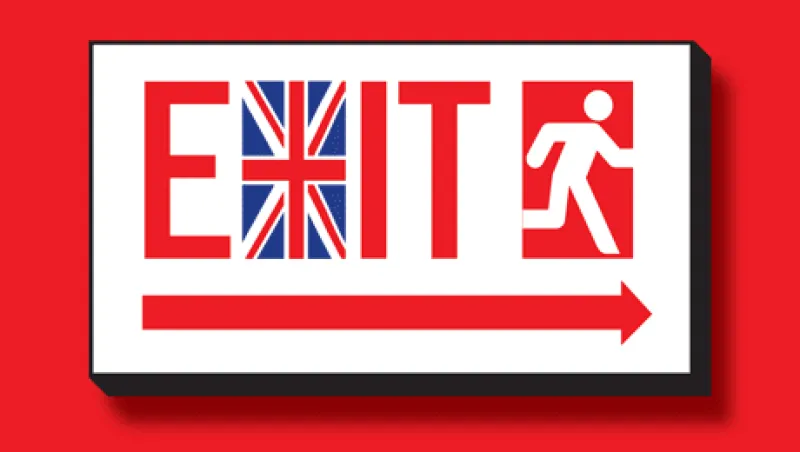
Brexit Referendum Poses Big Risks for U.K. and EU
Uncertainty over prospects of an EU withdrawal weighs on pound and threatens to fracture Europe’s political cohesion.
Tom Buerkle
February 25, 2016


